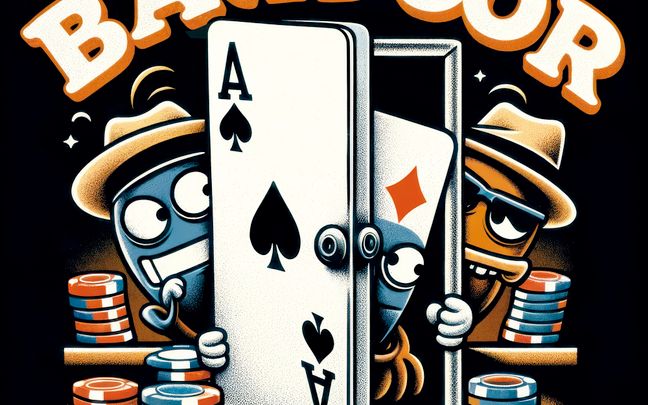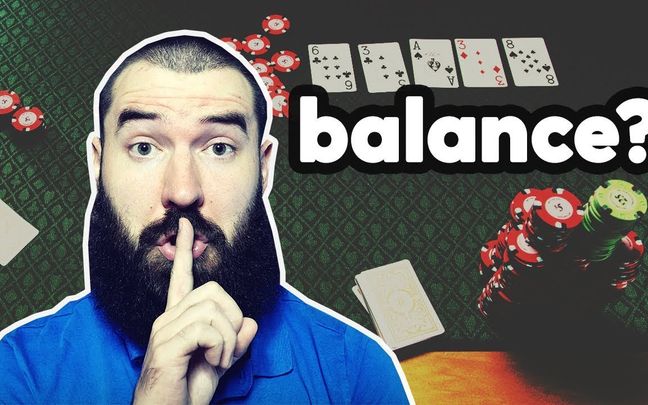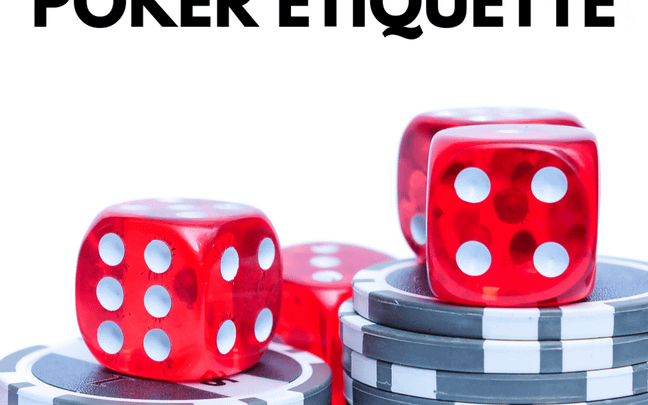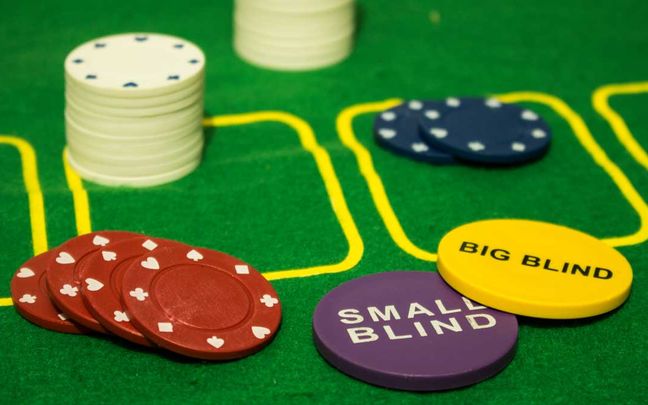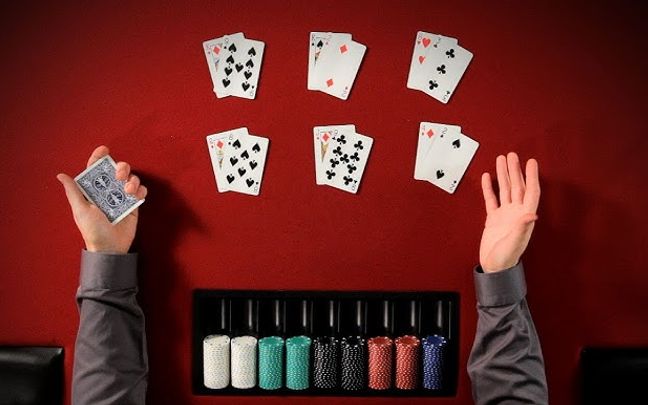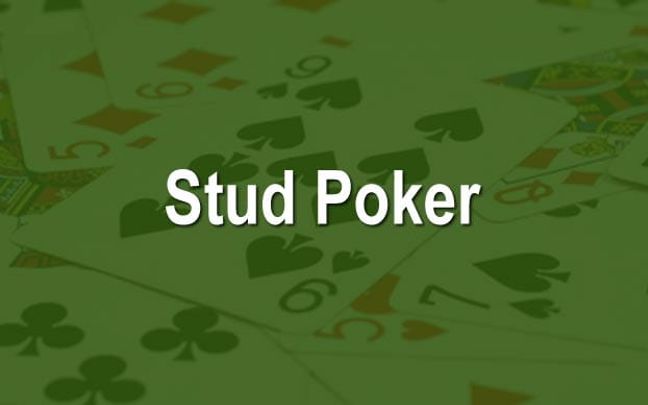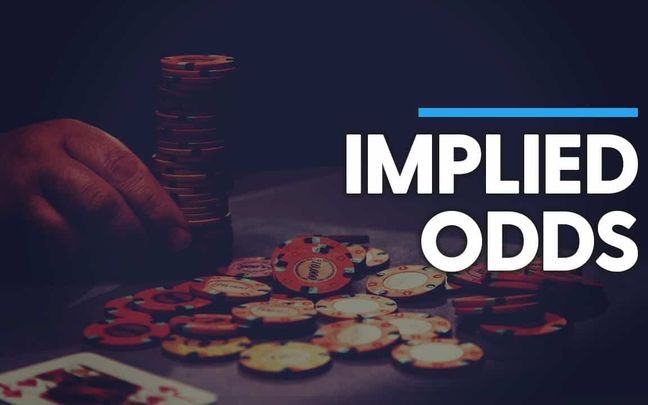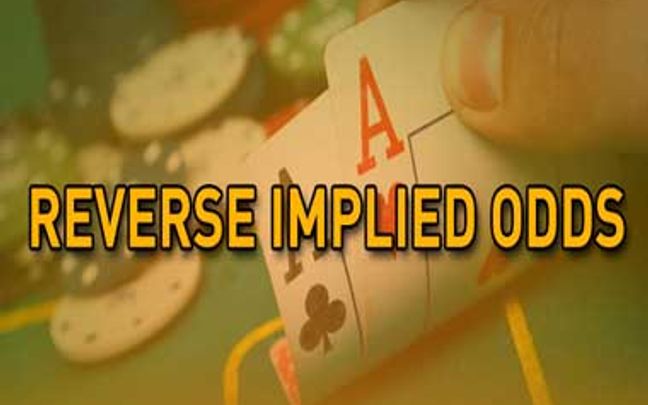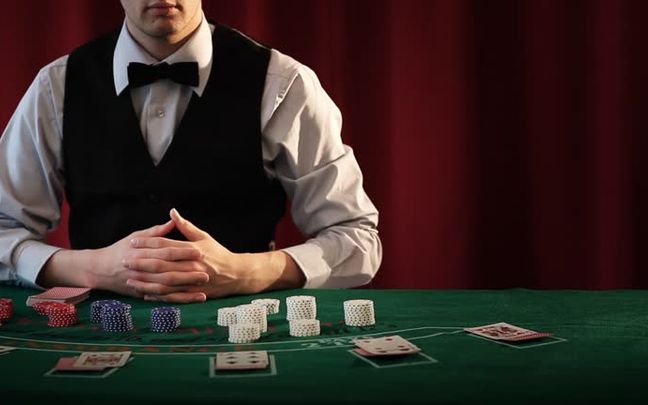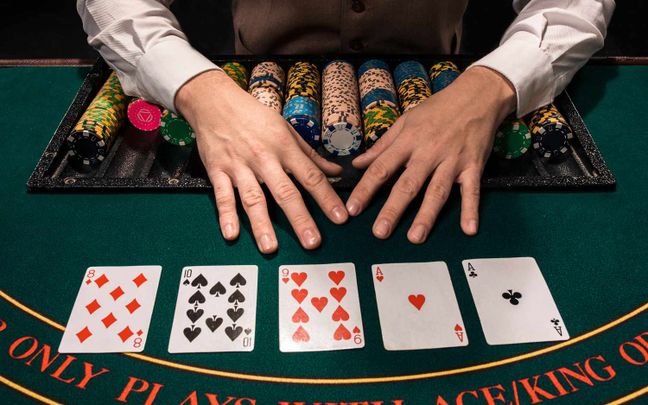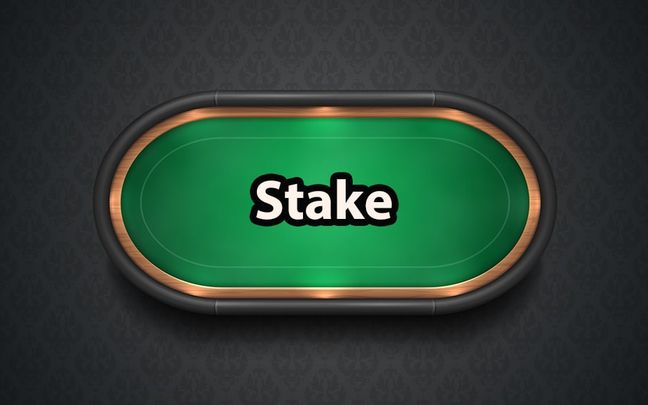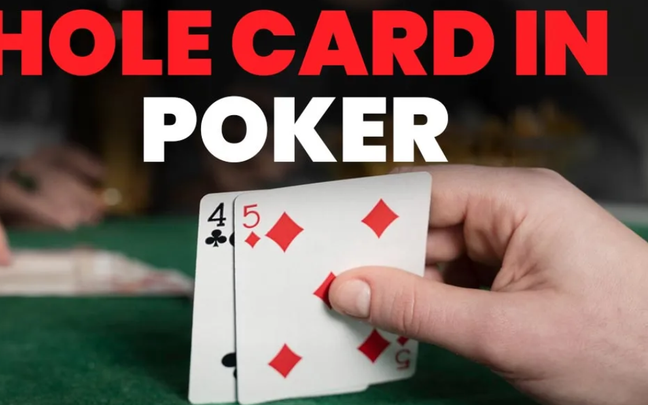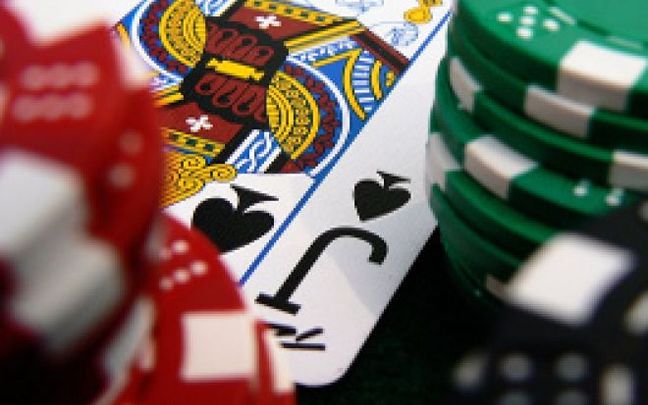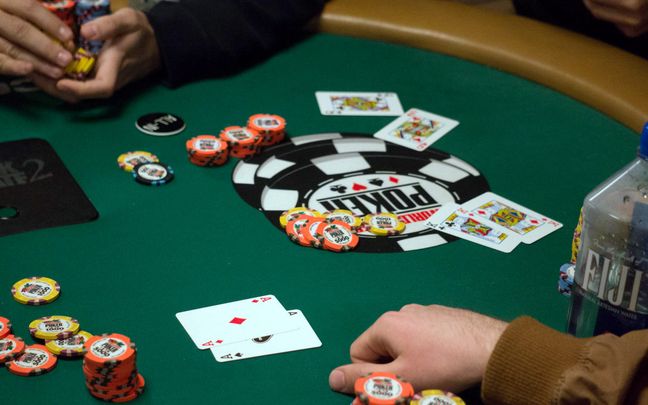Poker and chess are both famous strategy games that attract millions of players worldwide. While they differ in gameplay, both require logical thinking, patience, and a clear strategy. This article will help you gain a deeper understanding of the history, rules, and development of these two games.
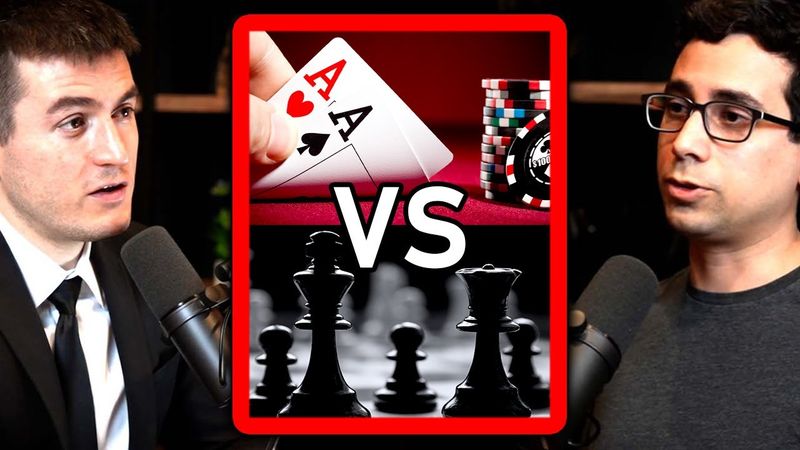
The History of Poker and Chess
Both poker and chess have long and complex histories, reflecting the cultural and societal development of civilizations through the ages. Here is an overview of the origins of poker and chess.
The History of Chess
Chess originated in ancient India around the 6th century with the game Chaturanga, which was later developed in Persia under the name Shatranj. By the 15th century, the game was refined in Europe with modern rules, including changes in how the pieces move.
Chess became an international intellectual sport in the 19th century, with professional tournaments and renowned players.
The History of Poker
Poker traces its origins to ancient card games such as As Nas (Persia) and Pochen (Germany), and it was developed in the United States during the 19th century, particularly in New Orleans. The game quickly gained popularity in the American West and casinos, eventually evolving into an international intellectual sport with the World Series of Poker (WSOP).
Poker also became a global phenomenon with the rise of online poker in the 2000s.
Both poker and chess have their unique characteristics, but both are highly strategic games that attract millions of players worldwide.

Poker and chess players require patience along with the ability to control their emotions.
Comparison between Poker and Chess
Poker and chess are both popular strategy games, but they differ fundamentally in how they are played, the element of luck, and the skills required. While both poker and chess demand focus and strategic thinking, each game offers distinct challenges and joys. Below is a detailed comparison between poker and chess.
Nature of Poker and Chess
Chess: Chess is a two-player game where each player controls 16 pieces with different values and movements on an 8x8 board. The goal is to checkmate the opponent’s king, which means creating a situation where the opponent’s king cannot escape the threat of capture. Chess is a purely strategic game with no element of luck. Every decision directly influences the outcome of the match.
Poker: Poker is a card game where players compete to have the best hand or convince others to fold by using strategy and psychology. While the rules and strategic skills are essential, poker also involves a significant element of luck because you cannot control the cards you receive. The goal of poker is to win the pot, either by having the strongest hand or by bluffing your opponents into folding.
Strategic Elements and Skills in Poker and Chess
Chess: Chess requires high-level calculation skills. You must anticipate and calculate multiple moves ahead to determine the best strategy. Chess matches are often lengthy, and every move matters. Essential skills include analysis, long-term planning, and predicting the opponent’s responses. Top chess players can "read" the board and identify superior strategic options.
Poker: While poker also requires strategic skills, psychological factors and the ability to read your opponents are crucial. A poker player needs to know when to bet, when to stop, and especially when to bluff. Poker is not just about having good cards but also about how you make your opponents believe in your decisions or make them doubt their own, leading to mistakes. Skills required include psychological reading, patience, and emotional control.
Luck Factor in Poker and Chess
Chess: Chess is a game with no element of luck. Both players start with equal positions, and everything in the game depends on the player’s skill and decisions. In fact, there are top chess players who rarely lose, showing the significant influence of strategy and skill in the game.
Poker: On the other hand, poker has a distinct element of luck. Although playing the cards well has a large impact on the outcome, you still face the randomness of the cards you are dealt. This introduces an unpredictable factor, and sometimes you may lose despite playing well if the cards do not support you.
Risk and Emotional Management in Poker and Chess
Chess: Chess requires risk management by finding the optimal moves and avoiding mistakes. Emotions are also crucial in chess because a small error can lead to failure. However, since chess has no element of luck, you can focus entirely on analysis and making sound decisions.
Poker: Poker demands better emotional control. In poker, excitement, anxiety, or overconfidence can lead to poor decisions. Managing your finances and betting levels is also important in risk management. A skilled poker player knows when to take risks and when to avoid excessive risk.
Victory Outcomes in Poker and Chess
Chess: Victory in chess typically comes from superior strategy and tactics. Both players begin with the same pieces and conditions, so the winner is the one who can better capitalize on opportunities and outmaneuver the opponent through strategic moves.
Poker: In poker, victory can come from having the best hand or by outplaying your opponents and forcing them to fold when they don’t have a strong hand. Victory in poker depends not only on your cards but also on how you interact with other players. The outcome can change unexpectedly due to the randomness of the cards or clever tactics.
Social Aspects and Playing Environment in Poker and Chess
Chess: Chess is typically a one-on-one competitive game with little social interaction. However, large chess tournaments attract many spectators and can be held either online or in person. Chess tournaments also require players to maintain intense focus over extended periods.
Poker: Poker has a strong social element. The game can take place in casinos, large tournaments, or online, with thousands of participants. Poker players not only compete directly with their opponents but also assess each person’s psychology. Poker is highly entertaining and can be played with friends during social gatherings.
Conclusion
Chess is a pure strategy game with no element of luck. Every decision must be carefully calculated, and victory is clear when you defeat your opponent with superior skill.
Poker combines strategy, psychology, and a bit of luck. The game brings many surprises, and victory is not always predictable due to the randomness of the cards and the decisions of your opponents.
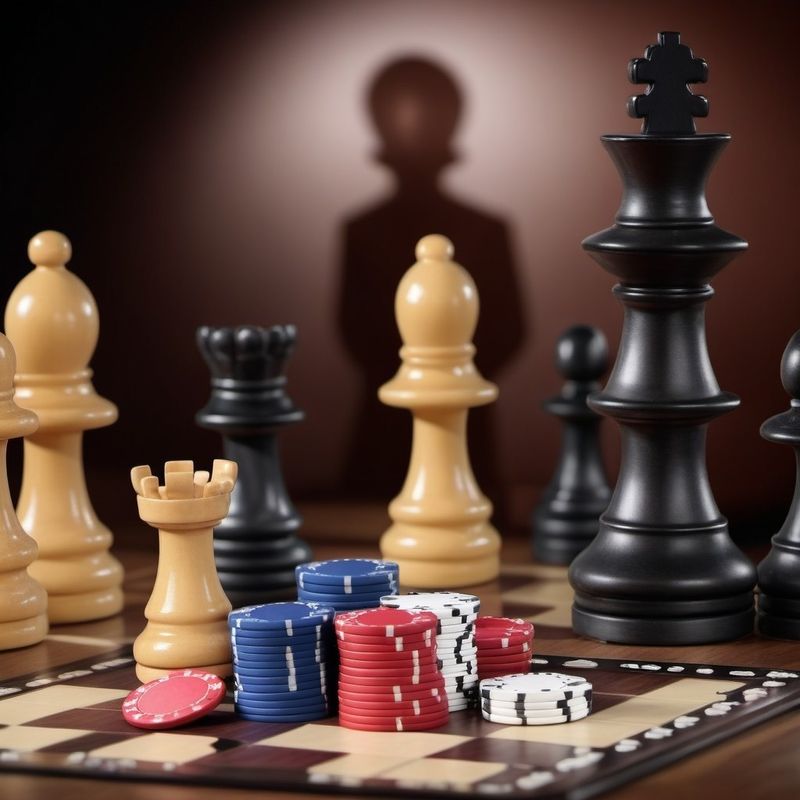
Both poker and chess offer a variety of strategies and gameplay styles.
Each game has its own unique appeal. The choice between poker and chess depends on personal preference and the challenges you wish to face. Both poker and chess are games with deep strategic elements, offering numerous opportunities to showcase your skills and intellect.




